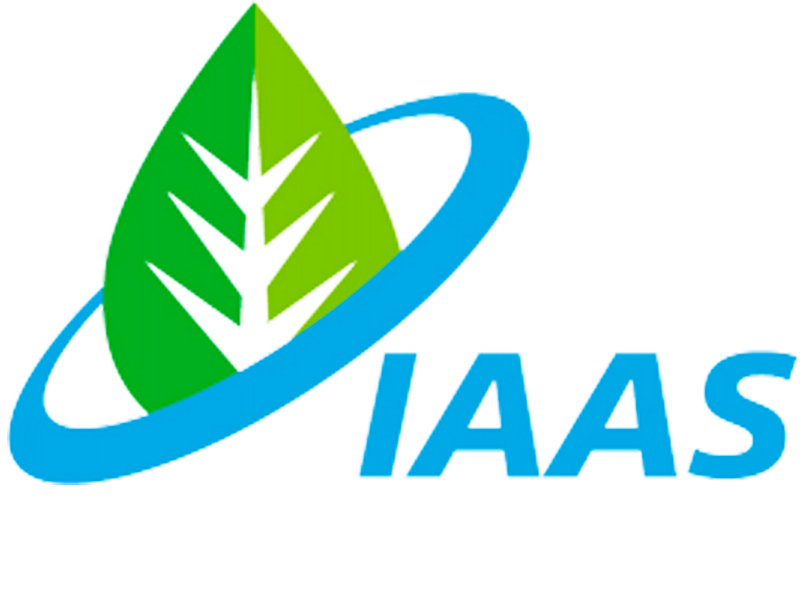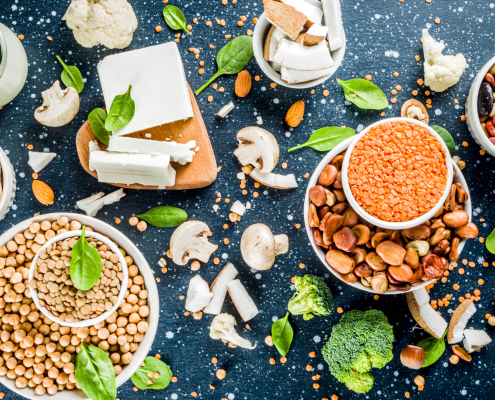Protein-rich legumes and quinoa in the plant-based food alternatives spotlight
CORDIS
EU-funded researchers say chickpeas, fava beans, lentils and quinoa are ideal crops for cultivation in Europe and could help the shift towards a more nutritional, environmentally friendly and sustainable food system.
Not all crops are traded across the globe. Some are only important at a regional level and are typically eaten as part of local diets. Because they aren’t traded internationally, these crops—labeled orphan crops by the western world—tend to receive little attention from crop breeders and researchers and therefore lag behind in terms of modern cultivation methods.
Researchers working for the EU-funded SMART PROTEIN project are now focusing on four of these orphan crops—chickpeas, fava beans, lentils and quinoa—that they think are highly suitable for cultivation on European soil. At present, the crops are mainly produced in Africa, Asia and South America, and imported to Europe.
SMART PROTEIN (Smart Protein for a Changing World. Future-proof alternative terrestrial protein sources for human nutrition encouraging environment regeneration, processing feasibility and consumer trust and acceptance) is coordinated by University College Cork and ends in June 2024. The 5-year PROTEIN2FOOD (Development of high quality food protein through sustainable production and processing) project ended in February 2020.
> Source: PHYS.ORG



 Canva @ RossHelen /CC0 Public Domain
Canva @ RossHelen /CC0 Public Domain Canva @ Алексей Филатов /CC0 Public Domain
Canva @ Алексей Филатов /CC0 Public Domain